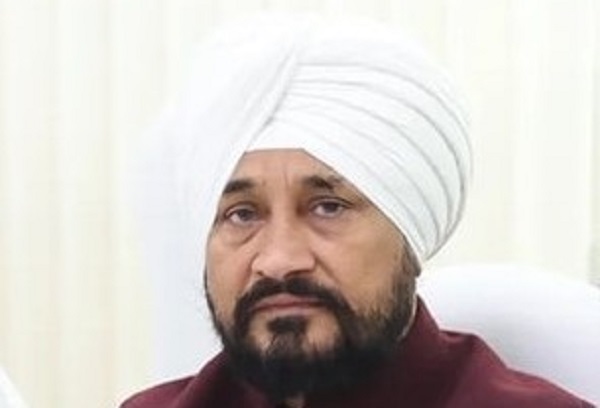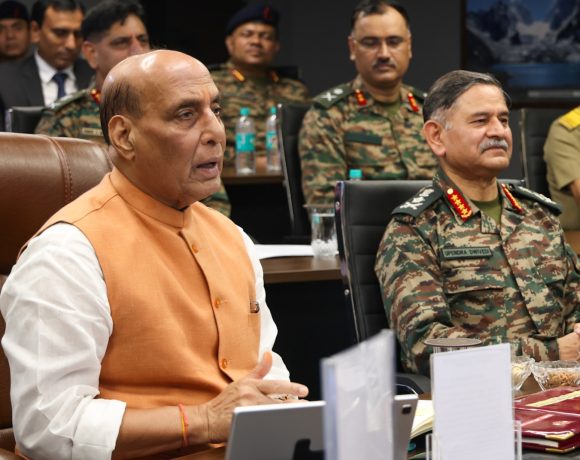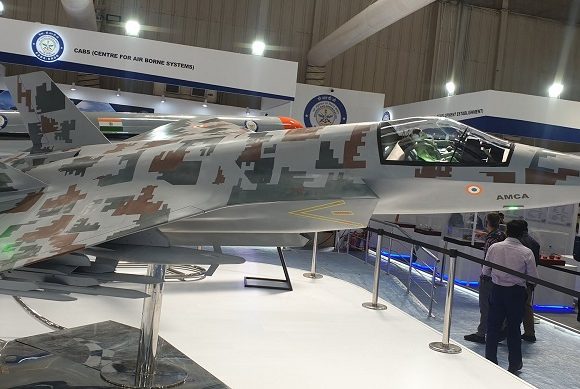
Channi’s Surgical Strike Remarks Spark Political Firestorm
In a recent press conference, Congress MP and former Punjab Chief Minister Charanjit Singh Channi questioned the authenticity of India’s surgical strikes in Pakistan. He stated, “Till date, I could not find where the (surgical) strike took place, where men were killed at that time, and where this happened in Pakistan. Will we not find out if a bomb is dropped in our country? They say that they did a surgical strike in Pakistan. Nothing had happened. Nowhere was a surgical strike seen. Nobody came to know… I have always demanded (proof).”
Channi’s remarks have been met with strong condemnation from the Bharatiya Janata Party (BJP). BJP spokesperson CR Kesavan criticized Channi for undermining the armed forces, stating that such comments demoralize the military and politicize national security. Delhi BJP leader Manjinder Singh Sirsa echoed these sentiments, accusing Channi and the Congress party of consistently questioning the Indian Army’s actions and siding with narratives that align with adversarial interests.
In response to the backlash, Channi clarified his position, asserting that he was not demanding proof of the surgical strikes but was emphasizing the need for justice for the victims of the recent Pahalgam terror attack. He stated, “I have said earlier also that the Congress party, in this hour of grief, is standing by the government. If the government disrupts their (Pakistan’s) water supply, air or whatever action it takes, we are standing like a rock with it.”
The controversy arises amidst heightened tensions between India and Pakistan following the Pahalgam terror attack, which resulted in the deaths of 26 tourists. The Indian government has taken several measures in response, including suspending the Indus Waters Treaty, closing the Wagah-Attari border, and expelling Pakistani diplomats.
As political discourse intensifies, the incident underscores the delicate balance between national security concerns and political rhetoric, highlighting the importance of unified support for the armed forces during times of external threats.


















